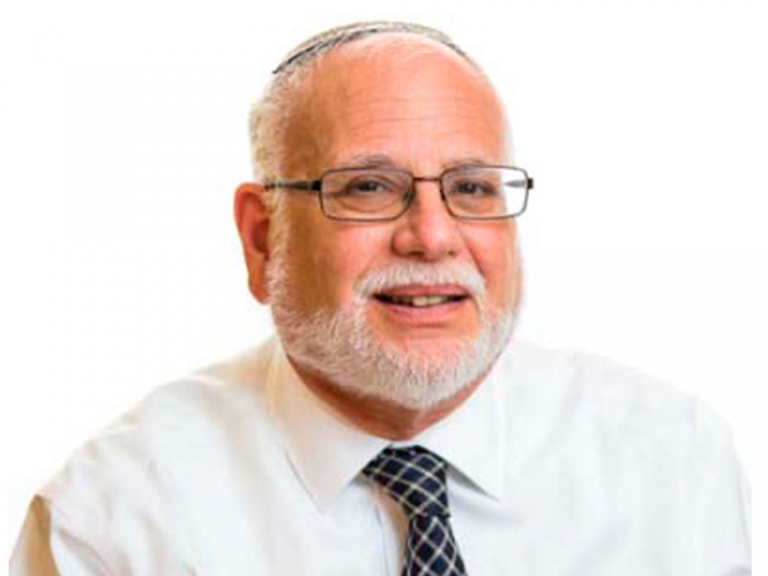D'var Torah by Dr. Kalman Stein, Interim Head of School

Dear Hebrew Academy Community:
This Shabbat we usher in Chodesh Elul and we begin preparing ourselves spiritually for Rosh HaShana and Yom Kippur. Beginning on Rosh Chodesh all Ashkenazi and many Sephardi communities begin saying the twenty-seventh Perek of Tehilim, which begins “L'David Hashem Ori V'Yishi," twice each day. The commentators note that this chapter of Tehilim emphasizes the natural desire of every Jewish soul to enhance and deepen its relationship with God. Elul is the ideal time to work on one's relationship with God, as Elul is the month in which "the King is in the field" for all to approach Him.
There is a Pasuk in this Perek - many of you know it as a song - which I find intriguing. David HaMelekh tells us "Achat sha'alti me'et Hashem - I make one request of God: To dwell all of my days in the House of the Lord, to gaze upon the sweetness of God, and to visit in His Sanctuary." The question is readily apparent: One can be a permanent resident or a tourist, but not both at the same time. What, therefore, did King David have in mind when he asked both to dwell permanently in the House of God and to visit, to be a tourist, in His Sanctuary? The answer which is a recurrent theme in Chassidic literature is that this dichotomy represents both the beauty and the challenge of Judaism. Our religion requires us to perform many Mitzvot in pretty much the exact same way day after day, month after month throughout our lives. The performance of these Mitzvot can easily become routinized and devoid of meaning. Think about it. How many times will a young man who lives to a ripe old age put on Tefilin, saying the same blessings and wrapping them exactly the same way, during his lifetime? How easy it is for even the most observant and consistent Shomer Mitzvot to fall into the trap of habitual, going through the motions, performance. It's not a new problem. The author of Tehilim was aware of it thousands of years ago. Don't let it happen, he tells us. Be both a resident and a tourist. Try to look at each Mitzvah anew each time. Imbue it with personal meaning; consider how it brings you closer to God; think about and study the message and purpose of the Mitzvah. Each day do your best - it's a challenge - to feel the same sense of freshness and spontaneity that you experienced the first time you had the privilege to perform that Mitzvah.
On a more prosaic level this is also what we need to do throughout the school year. It has not been hard as we came together in new classes, met new teachers, began to tackle new, more advanced ideas, to be excited and enthusiastic about school. We hope that during the course of the coming school year the school will present each child and class with initiatives, intellectual challenges, opportunities to shine and to grow which will allow all of us, faculty and students, who spend our days at Hebrew Academy to retain the sense of excitement and positive energy which have permeated the classrooms and corridors of the school during the first days of the new school year.

